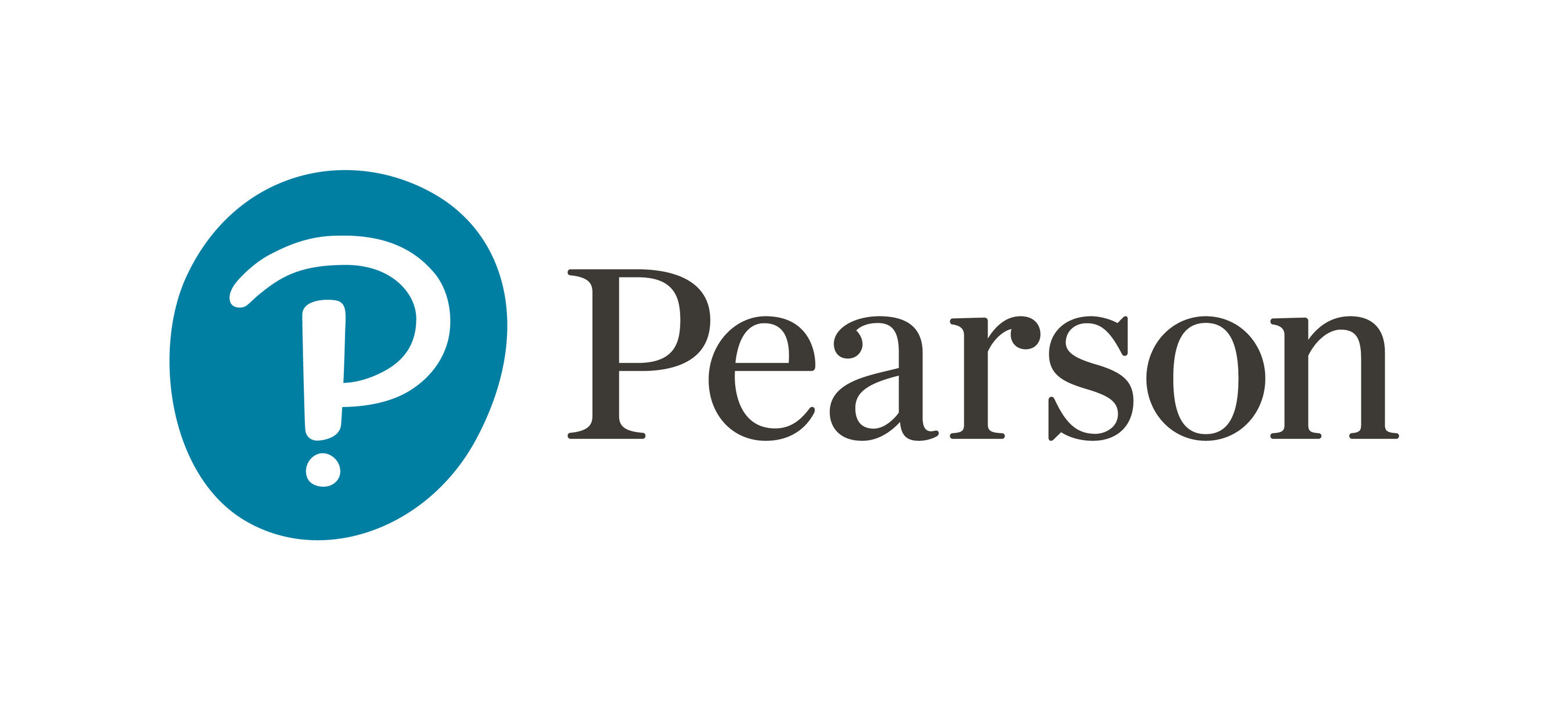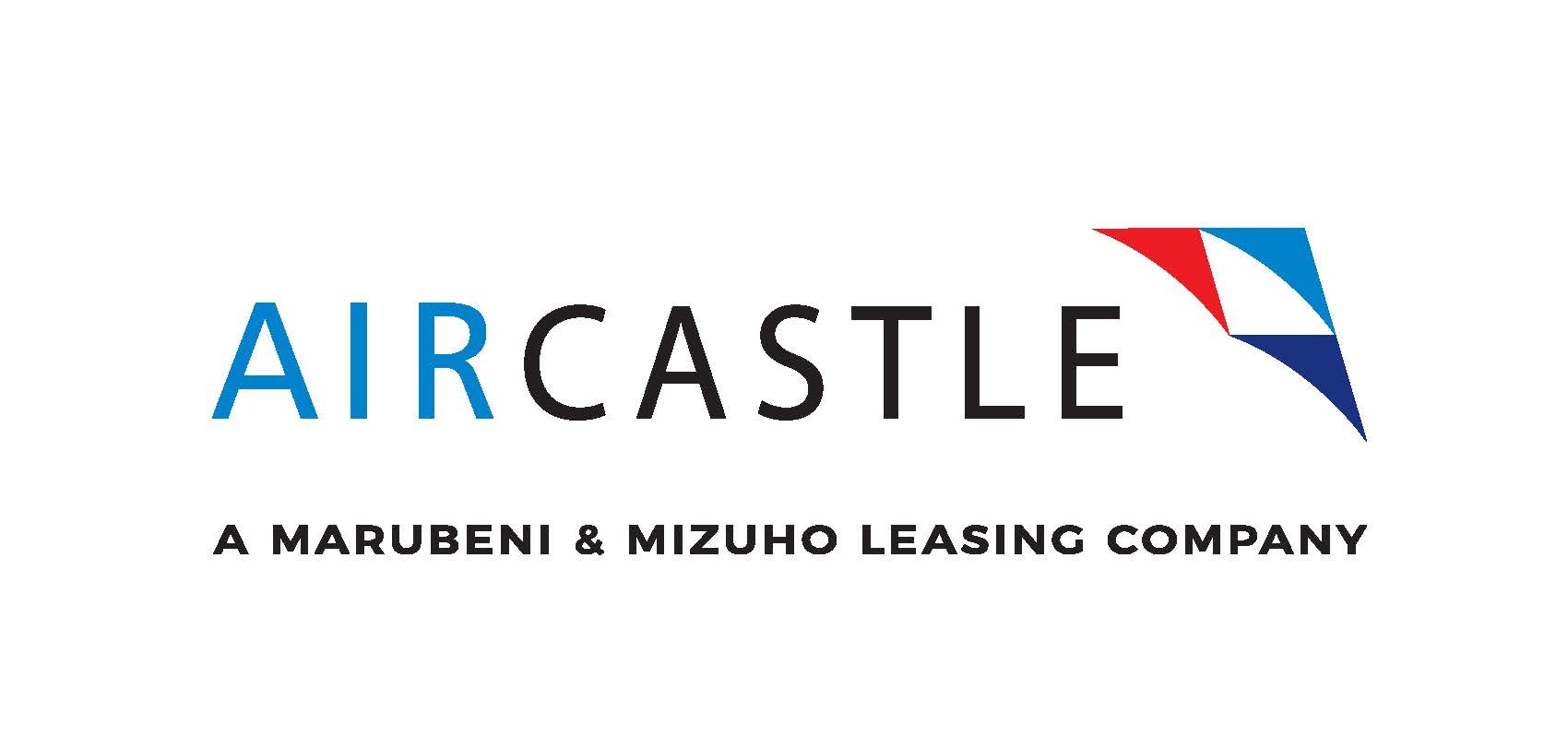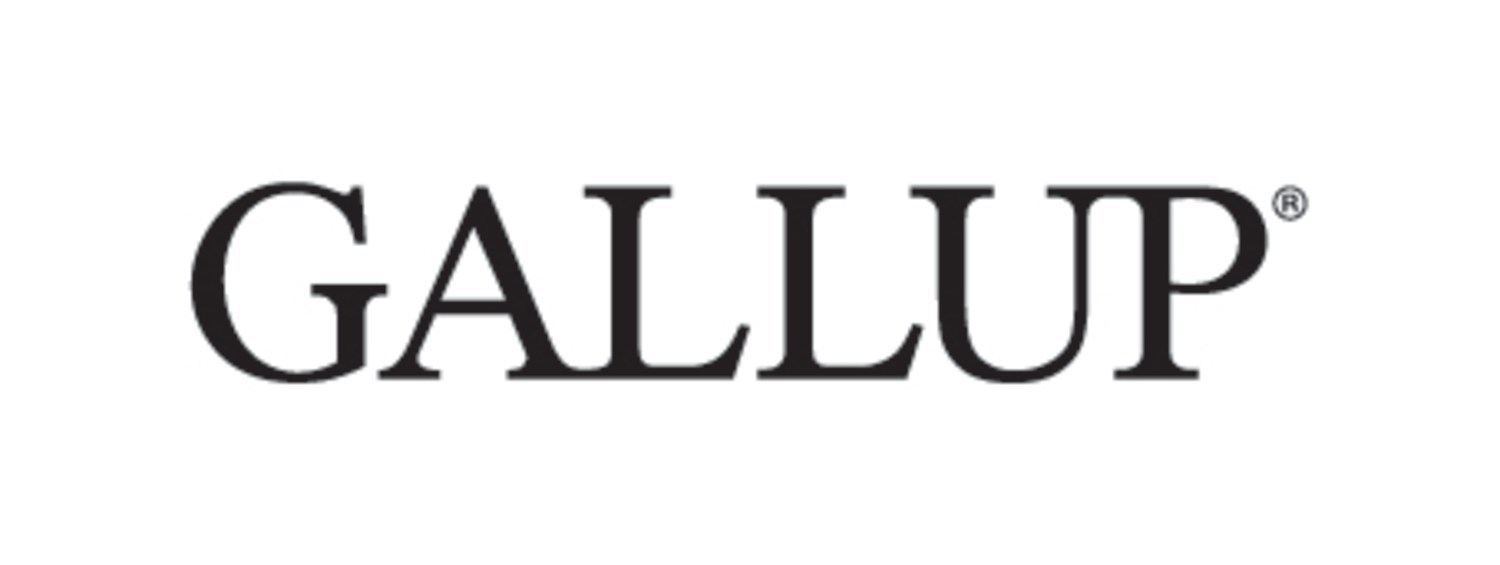- Business owners want lower taxes and interest rates while MPs more concerned about free trade
LONDON, April 23, 2025 -- British businesses are more concerned about April's tax rises than the impact of Trump's tariffs, according to research by Price Bailey, a Top 40 firm of accountants.
The research, commissioned by Price Bailey via YouGov and Censuswide, sampled over 100 MPs and over 700 business owners and board level executives.
The data revealed that the primary concern of Business Leaders was reducing interest rates/inflation and the tax burden, whereas the two main priorities of MPs were ease of international trade and a skilled workforce.
Asked to choose up to three business priorities from a list of 10, Business Leaders prioritised interest rates and inflation (38%), the overall tax burden (34%) followed by a highly skilled workforce (32%).
The three principal business concerns of MPs were a highly skilled workforce (42%), ease of international trade (39%), then productivity (38%).
Price Bailey says that the results reveal a gulf between what Business Leaders and MPs think Parliament should prioritise to deliver economic growth. Business Leaders are far more focused on issues that will deliver an immediate boost to the bottom line while the priority of MPs tends to be more long term and the benefits less immediately tangible.
Chand Chudasama, Partner in the Strategic Corporate Finance Team at Price Bailey, comments: "MPs and Business Leaders are at odds about what should be prioritised to deliver economic growth and create jobs. Costs have risen in recent years and the increase in employer National Insurance contributions have heaped further challenges onto businesses. In this context it is hardly surprising that businesses want immediate pain relief in the form of tax cuts and interest rates reductions."
"The hike in National Insurance is also likely to contribute to inflationary pressures. It is effectively a double hit of taxation and cost increases - exactly the opposite of what businesses say they need to grow."
"It is understandable that politicians, in balancing competing demands, can't always put the needs of business first. The reality, however, is that we need a strong economy to have well-funded public services. The Government has some very difficult decisions to make on public spending, tax and debt."
Chand Chudasama continues: "Politicians seem to be less confident in Parliament than the Business Leaders. Government are often accused of short termism, so it is encouraging that they are prioritising issues intended to deliver longer term economic benefits but this may be at the detriment of near term growth."
"While the new administration in the U.S. has brought international trade into sharp focus, it is the domestic economic policy levers which UK politicians have direct control over that are a much greater concern for UK businesses. Most businesses are less concerned about the prospect of tariffs than they are about the ease of running their businesses, that could trade globally, labour and overheads, access to capital and taxes."
Price Bailey says that the main point of convergence between Business Leaders and MPs is the need for a skilled and healthy workforce. It was the highest priority for MPs, with 42% choosing that option, while for Business Leaders it ranked third on 32%.
Infographic: https://mma.prnewswire.com/media/2658354/Price_Bailey_Infographic.jpg
This News is brought to you by Qube Mark, your trusted source for the latest updates and insights in marketing technology. Stay tuned for more groundbreaking innovations in the world of technology.









